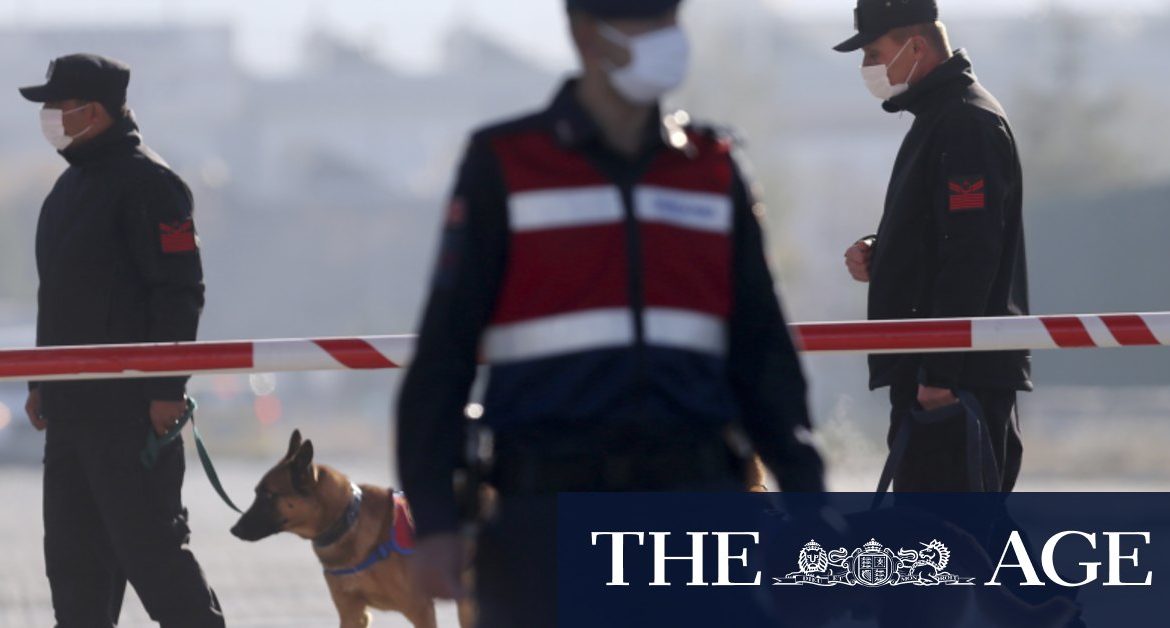“The treacherous network which rained bombs on parliament, the presidency and our people was convicted again before justice and our nation,” said Omer Celik, Erdogan’s AK Party spokesman.
“It is continuing to organise every kind of treachery in various countries to harm Turkey,” he wrote on Twitter. “Our battle with putchist terrorism will continue.”
Four ringleaders, dubbed “civilian imams” over their ties to Gulen’s network, were among 19 defendants who received 79 aggravated life sentences for charges of attempting to assassinate the President, murder, and seeking to overthrow the constitutional order, state-owned Anadolu news agency said.
F-16 pilots who carried out attacks were also among those given aggravated life sentences – the severest punishment in Turkish courts – meaning there is no possibility of parole.
Most of the other defendants also received life sentences, while 19 were jailed for aiding the coup and 41 for terrorist group membership. Seventy people were acquitted, Anadolu said.
Turkey’s then-military chief and now defence minister Hulusi Akar and other commanders were held captive for several hours at the base on the night of the coup. A total of 475 people were on trial, 365 of them in custody.
Sustained crackdown
The 79-year-old cleric Gulen, who was once an ally of Erdogan and has denied any role in the coup, was one of six defendants being tried in absentia. Their dossiers were separated from the main trial, media reports said.
Loading
The government declared a state of emergency in Turkey – a NATO member and candidate for European Union membership – after the failed coup and carried out a large-scale crackdown which alarmed Ankara’s Western allies.
Some 292,000 people have been detained over alleged links to Gulen, nearly 100,000 of them jailed pending trial, Anadolu cited Interior Minister Suleyman Soylu as saying.
Some 150,000 civil servants were sacked or suspended after the coup, with some 20,000 expelled from the military. Courts have handed down more than 2500 life sentences.
Four years on, police operations targeting suspects accused of links to Gulen continue on a regular basis.
The government has said the crackdown was needed given the security challenges which Turkey has faced to root out a network of Gulen supporters deeply embedded in the state apparatus.
Reuters
Most Viewed in World
Loading







